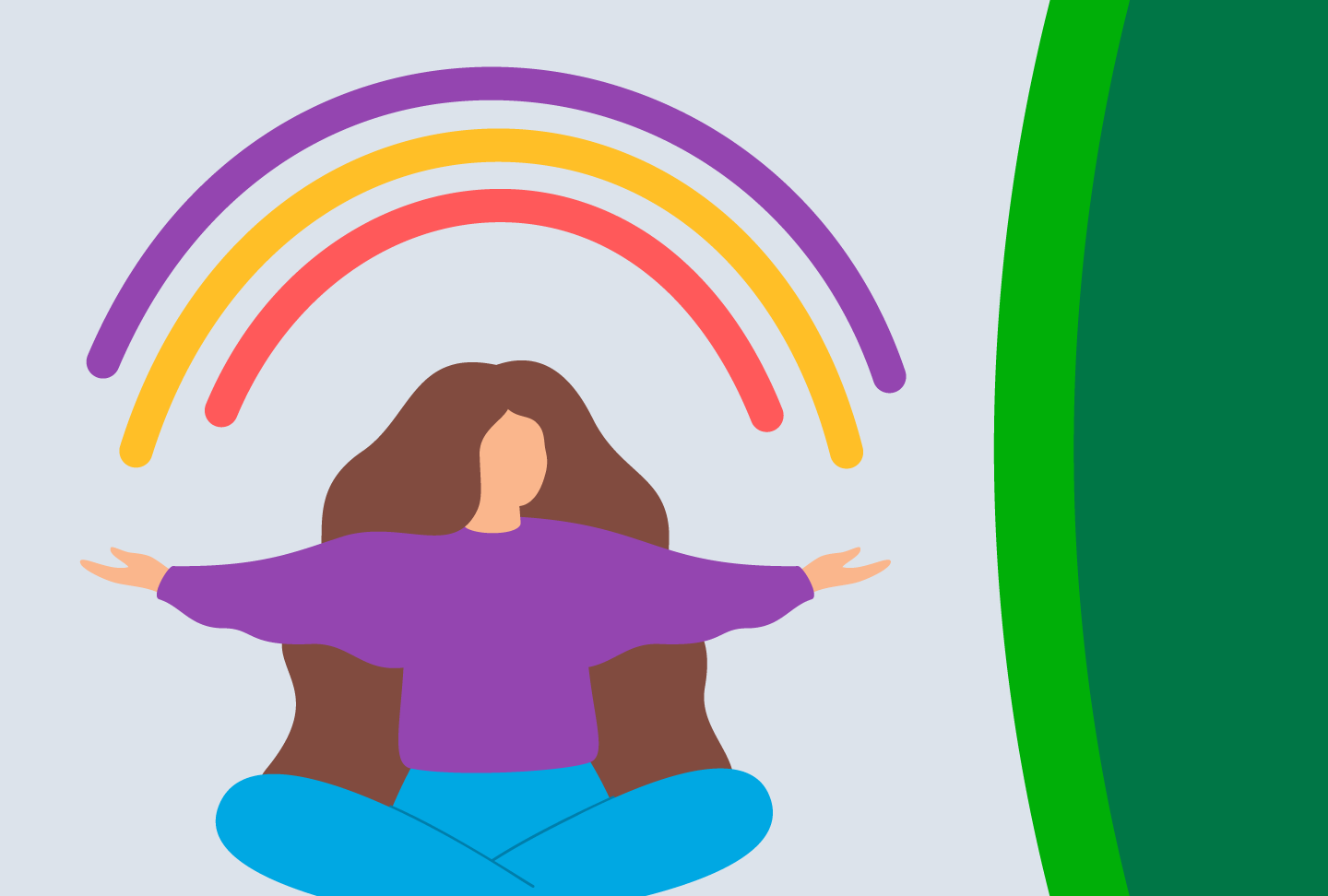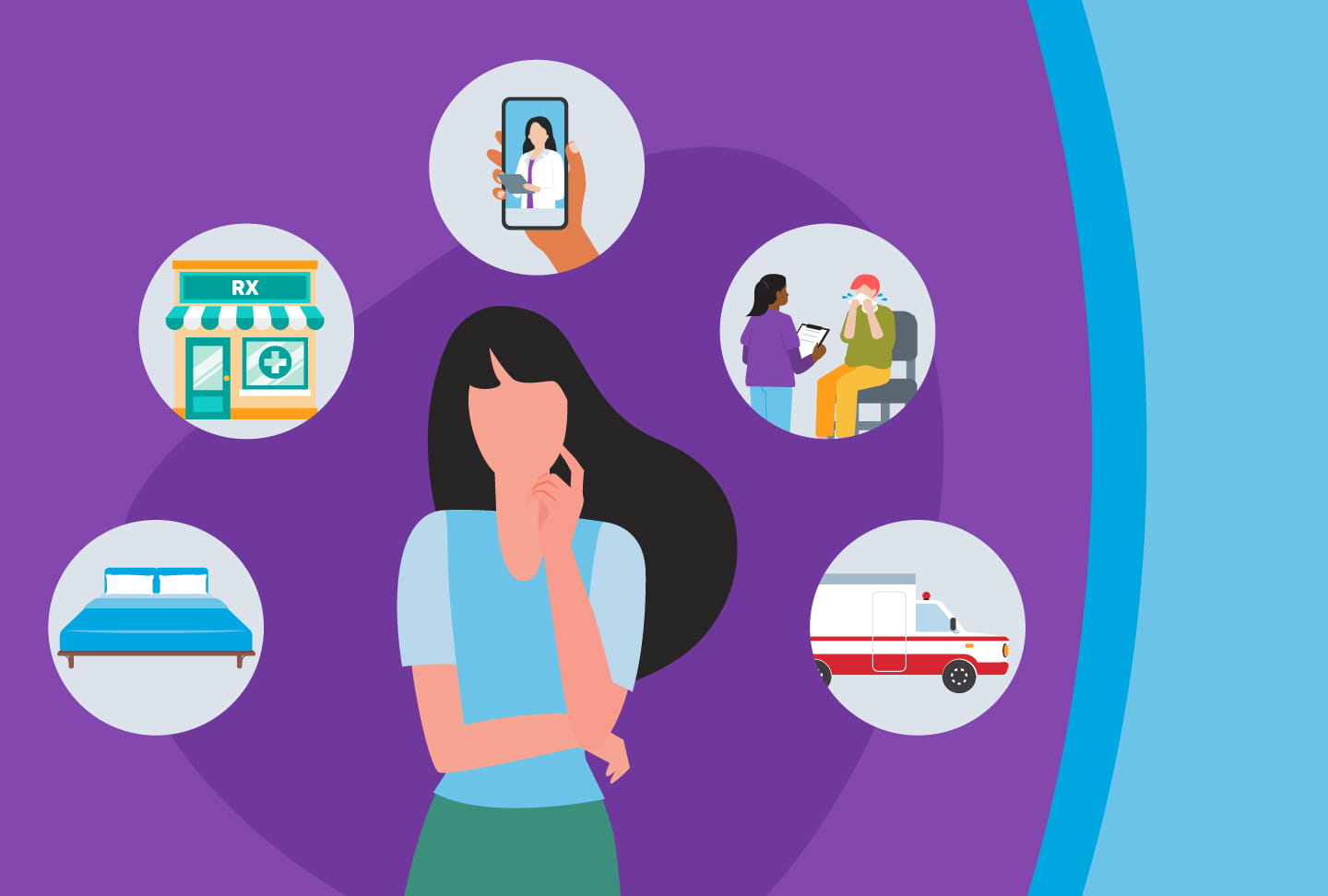If you find the holiday season overwhelming, you’re not alone.
Wellstar experts say many people may have strong emotions at this time of year, especially since the start of the COVID-19 outbreak.
"For many people, COVID-19 was a catalyst for alienation and isolation – further magnified at times by the loss of friends and family members," said Dr. Ryan Breshears, chief behavioral health officer with Wellstar Health System. "The research is unequivocal – loneliness is a driver of morbidity and mortality. Whereas feelings of grief are normal and understandable following loss, during the holiday season, it is imperative that we connect back to meaning, purpose and relationships. Prioritizing that human connection with others can, in essence, be a life-saving measure."
Tips to take care of your mental health
Difficult emotions may be unwelcome visitors this time of year, but you can take steps to help yourself feel better.
- Connect to purpose. Make time for meaningful activities and loved ones who bring joy to your life.
- Prioritize social interactions. Research indicates that just being around other people can generate a sense of belongingness that is therapeutically helpful. Activities that provide opportunities for human interaction (such as going to a local coffee shop, attending a sporting event, etc.) have the potential to mitigate the focus on what we’ve lost.
- Spend time with pets. When human companionship is limited, finding ways to connect with animals can also be healing.
- Use a gratitude journal. The effects of gratitude are powerful. Shifting focus from what we have lost to the meaningful things and relationships we possess can help us manage the emotional residue of grief.
- Reach out for support. If you’re feeling isolated, connect with family and friends by setting up plans, speaking on the phone or sending a text message.
- Validate your emotions. Honor your feelings. There is no way we “should” or “should not” feel. Feelings are simply a byproduct of our experience. The way we feel always makes sense, even if we don’t understand why.
- Release expectations. Sometimes traditions change over time. Try not to worry if things don’t go as planned or exactly how they were in the past.
- Embrace self-care. Recharge and renew your spirit by making time for yourself this season.
- Plan ahead. Whether it’s gift-giving or holiday baking, planning in advance can alleviate last-minute stress.
- It’s okay to say no. If you are feeling overwhelmed, remember that you don’t have to be involved in every activity of the season.
- Manage social media. Social media can help to drive a sense of connection with others, but it can also have drawbacks. Know yourself and your triggers. If it’s hard to manage your feelings when people portray a picture-perfect version of the holidays, take a step back and limit screen time.
- Limit media coverage. If news is upsetting, take breaks and limit your exposure.
- Seek professional help, if needed. If you are having a difficult time coping, find support from a behavioral health specialist.
Looking for more ways to stay well? Learn how to give yourself the gift of health and partner with a Wellstar primary care provider.





